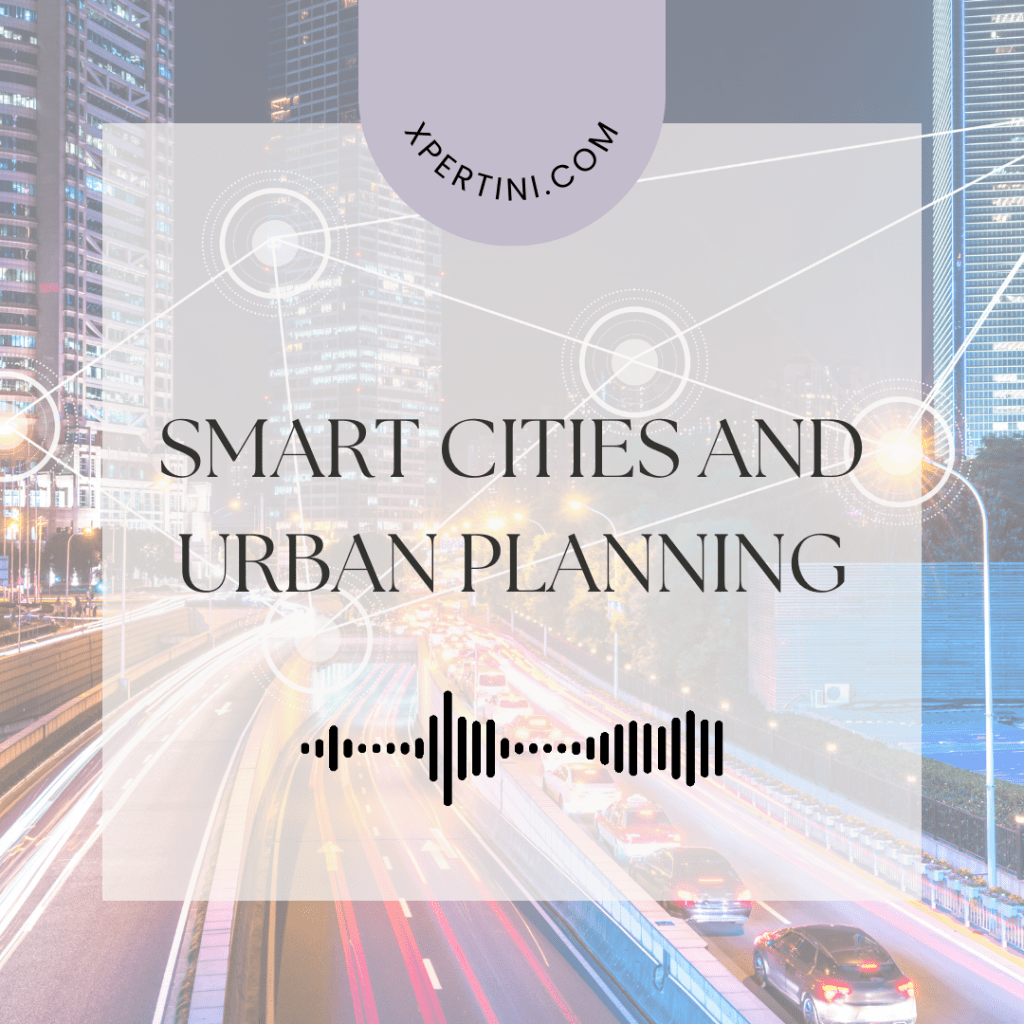Smart Cities and Urban Planning
Course Summary
In this comprehensive course on Smart Cities and Urban Planning, learners delve into the multifaceted landscape of modern urban development. The journey begins with an exploration of the foundational principles, where the fusion of technology and sustainability shapes the evolution of Smart Cities. Aspiring professionals and knowledge enthusiasts alike navigate through the complex relationship between data-driven decision-making and urban dynamics.
Throughout the course, students reveal the complexities associated with Smart City implementation, examining the challenges and ethical considerations intertwined with data utilization. The discourse extends to the societal and cultural factors influencing Smart City design, fostering an understanding of the human dimension in urban planning. Each lesson forms a crucial piece of the puzzle, providing insights into the interplay of policy, governance, and technology.
The course acts as a comprehensive guide to the future trends in Smart Cities, preparing learners to anticipate and adapt to the evolving landscape of urban development. It doesn’t just stop at theoretical insights but extends to practical considerations, offering a pragmatic view of the challenges faced in real-world Smart City projects. The journey culminates in an exploration of various career opportunities in this evolving field, equipping learners with the knowledge and skills needed for a successful career path.
As learners progress through the lessons, they acquire the skills to critically analyze and contribute to the planning and execution of Smart City initiatives. The course encourages a mindset that views data not just as information but as a valuable asset for informed decision-making. It emphasizes continuous learning, recognizing the need to stay abreast of emerging trends in this ever-evolving field.
Ultimately, this course is more than a testament to the principles of Smart Cities; it is a practical guide, a resourceful companion for those navigating the domain of urban planning. With a focus on clarity, relevance, and usability, it offers a unique blend of theoretical foundations and practical insights, making it an indispensable resource for anyone aspiring to shape the cities of tomorrow.
Course Overview
This course provides a comprehensive exploration of Smart Cities and Urban Planning, focusing on the integration of technology, sustainability, and innovation in urban development. Participants will gain insights into the critical role of urban planning in addressing contemporary challenges and shaping the cities of the future.
Course Objectives
- Understand the concept of Smart Cities and their significance in modern urban development.
- Explore the historical evolution of urban planning and its impact on current city structures.
- Analyze the key technologies influencing Smart City initiatives.
- Evaluate the role of sustainability in urban planning and its implications for Smart Cities.
- Develop skills in data-driven decision-making for urban development.
- Examine the social and cultural aspects of Smart City design.
- Identify challenges and potential solutions in implementing Smart City projects.
- Gain insights into global trends and future directions in Smart Cities.
- Understand career opportunities in the field of Smart Cities and Urban Planning.
Course Outcomes
- Articulate the core principles and characteristics of Smart Cities.
- Evolution of urban planning and its impact on present-day cities.
- Identify and assess the technologies shaping Smart City initiatives.
- Assess the importance of sustainability in Smart City development.
- Apply data analysis techniques to inform urban development decisions.
- Understand the social and cultural considerations in Smart City planning.
- Analyze common challenges and propose potential solutions for Smart City projects.
- Gain insights into current and future trends shaping Smart Cities.
- Explore diverse career paths and opportunities within the field.
Course Audience
- Urban planners and designers
- Architecture and engineering professionals
- Government officials and policymakers
- Technology and data analysts interested in urban development
- Students pursuing careers in urban planning and design

